Labor accused of penalising young Aussies with super tax
A prominent Teal independent has slammed Labor’s proposal to roll back concessions on ultra-high super balances, warning an entire generation could be hit.
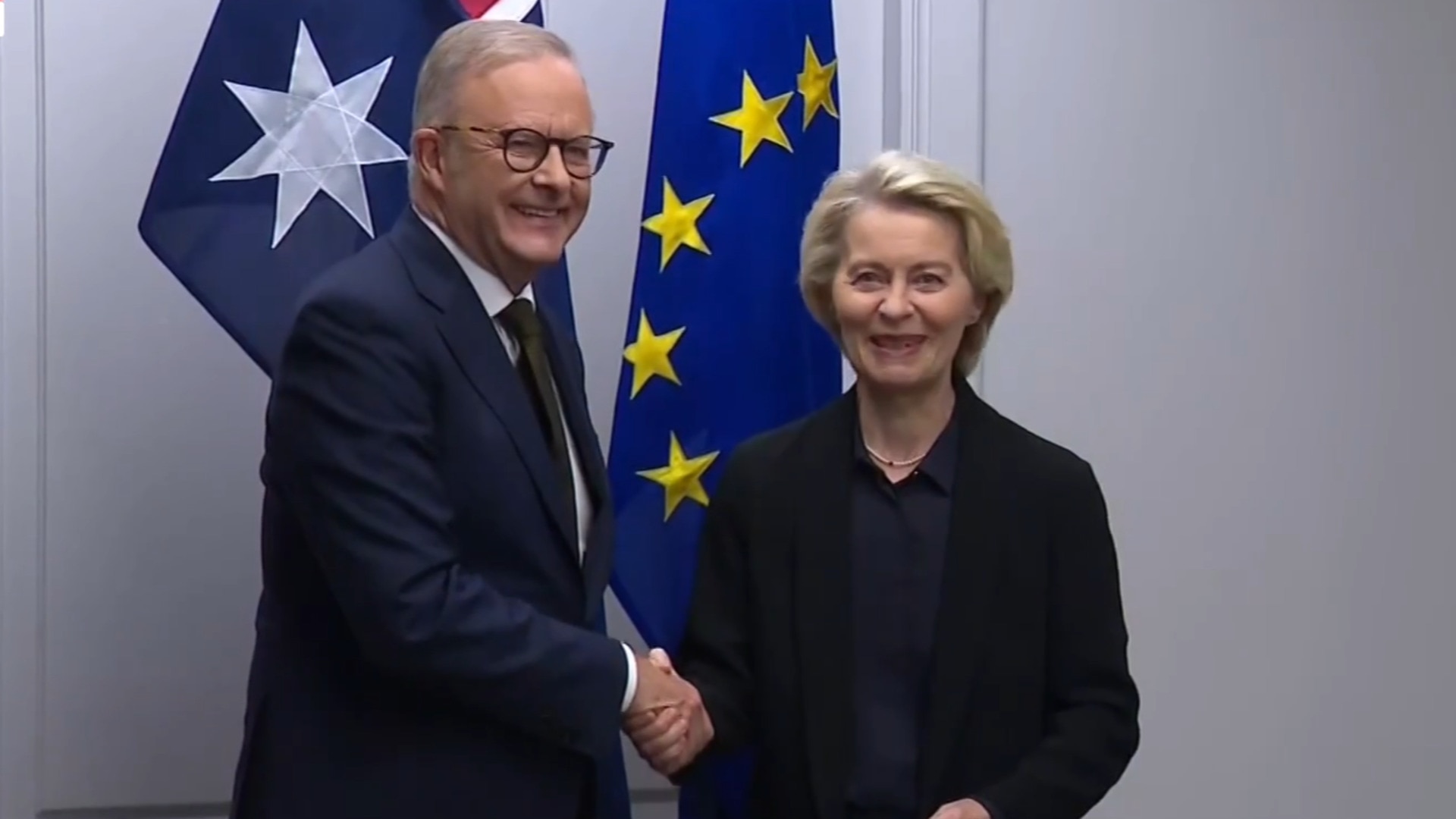
Gen Z stands to be hit hardest by Labor’s proposal to roll back concessions on ultra-high super balances, a key Teal independent has warned.
Some half a per cent of Australians have super balances north of $3m.
But critics have said Labor’s proposal could end up affecting more people because it would not be indexed, meaning it would not rise with inflation and capture more accounts over time.
Monique Ryan said on Monday if the tax was not indexed, it “could affect all Gen Z Australians by the time they turn 60”.
“At this time the increased tax on balances over $3m would affect only 0.5 per cent of taxpayers,” the Kooyong MP said in a statement.
“But the lack of indexation means that it could affect all Gen Z Australians by the time they turn 60.
“The Greens have flagged their intention to decrease the threshold to $2m. This will take a massive bite out of the future super balances of young Australians.”
Dr Ryan called on Anthony Albanese “to intervene against this harmful and unfair tax”.
“The country is in desperate need of real tax reform, not creeping tax increases by stealth,” she said.
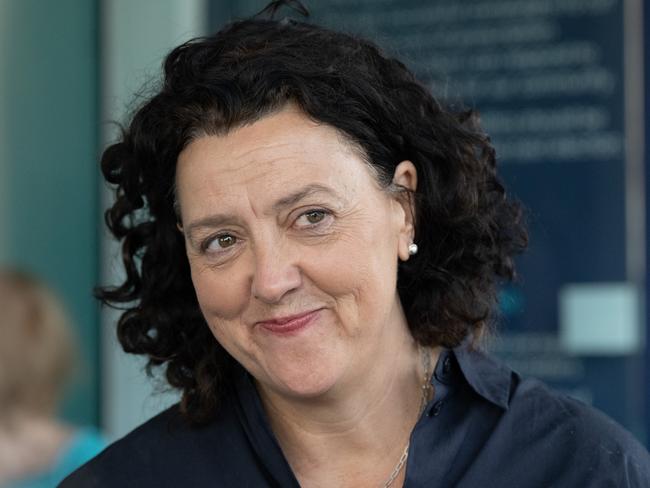
Senior Liberal senator Jane Hume also blasted the reform on Monday, calling it a “broken promise” and warning it could force people to retire early.
Senator Hume said Labor’s proposal would catch super account holders off guard because they had agreed to have their money “taxed in a certain way”.
“They might have made different plans for their money, if they had known that this tax was on its way,” she told Sky News.
“So it’s a broken promise. Let’s face it, before the election, Labor said there would be no new taxes and no changes to suit, but they immediately backflipped on that promise.”
Labor did promise not to introduce any new taxes at the 2022 election, but that was not a pledge the Albanese government repeated in its re-election pitch this year.
It also announced the super tax some two years ago.
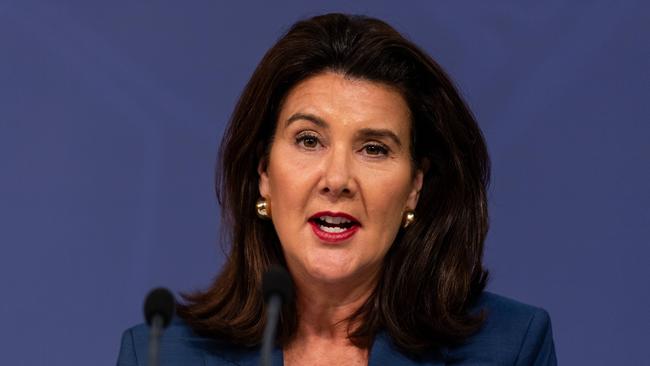
Senator Hume, who championed several controversial Coalition policies as its finance spokeswoman, said it was also unfair to tax Australians on profits that have not yet been made.
“Now we’ve never had a tax on unrealised capital gains before,” she said.
“That’s taxing profits before you’ve actually made profits.”
Murray Watt on Sunday defended the proposal, insisting it “affects a very small number of people”.
“That’s a very small part of the community, and the reality is, we will be relying on that taxation revenue to help meet some of our other priorities, like lifting bulk-billing rates in GP clinics and supporting people with cost of living,” the Environment Minister told Sky News.
“That money has to come from somewhere, and we think this is a fair way to do that in terms of who will be covered.”
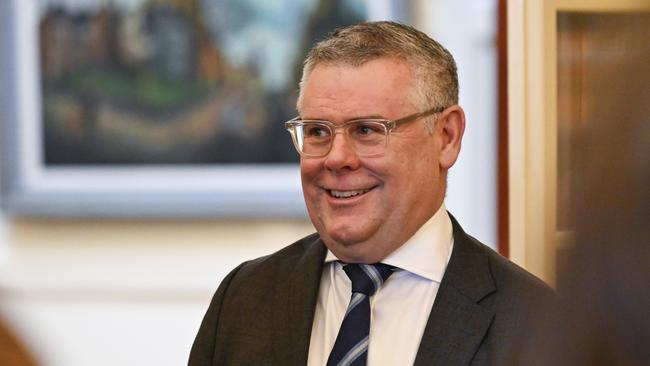
Senator Watt also confirmed a “small group” of former officials would not need to pay the tax.
The exemptions would be restricted to “those earnings in superannuation funds that the constitution prevents being taxed by the government will be excluded”, according to a government summary document.
Senator Watt confirmed former state premiers, MPs, governors and judges would be exempt.
Justices of the High Court would also be ineligible.
He stressed it was not a matter of deliberately excluding former officials, but that they “cannot be taxed on their superannuation under the Constitution”.
“We’re of course not going to be introducing laws that are in breach of the Constitution and will be struck down,” Senator Watt said.
“But what we are planning to do, as I say, is to reduce the tax concession available for a very small number of people with extremely high superannuation balances.
“People will still get a concession on their superannuation. It just won’t be quite as generous as it is at the moment.”

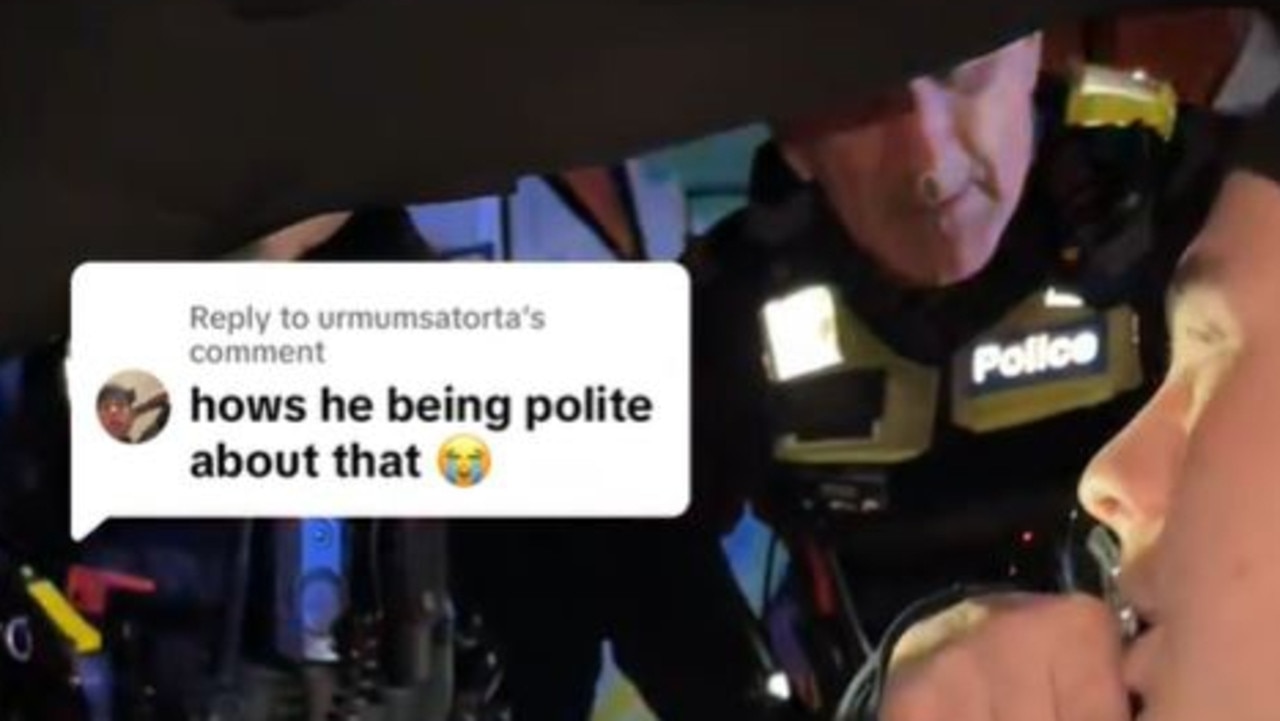
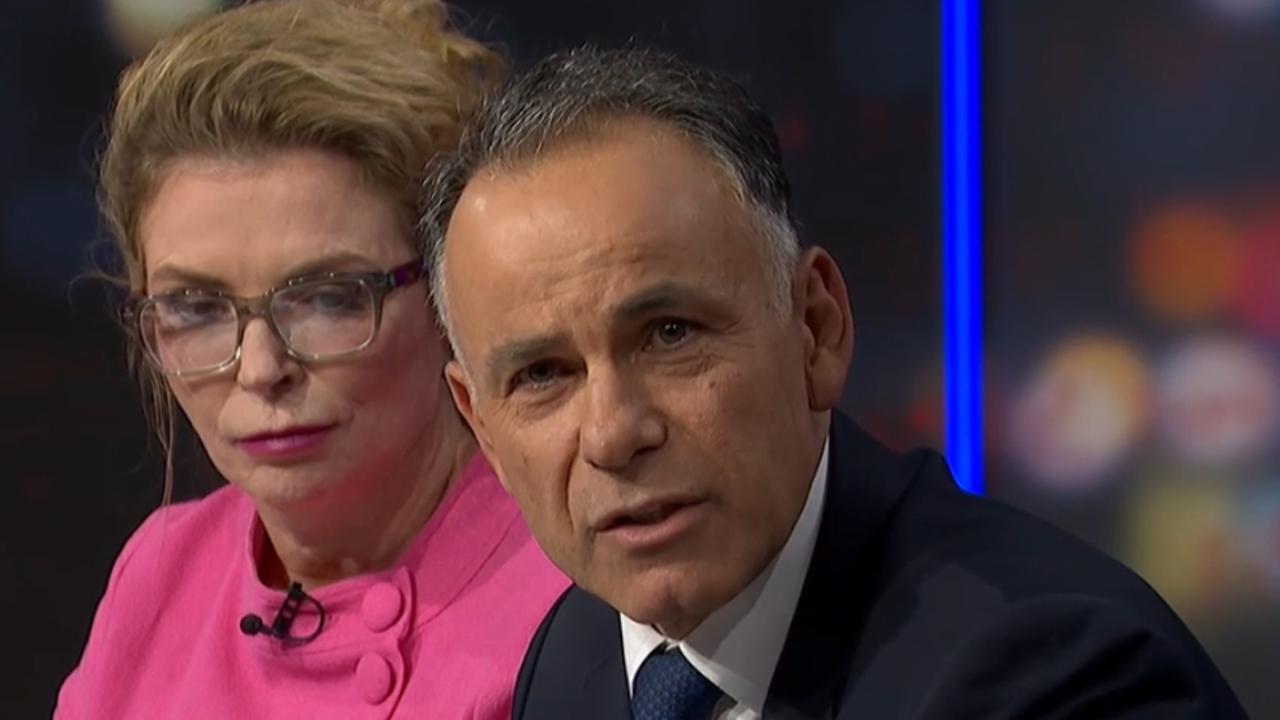
To join the conversation, please log in. Don't have an account? Register
Join the conversation, you are commenting as Logout